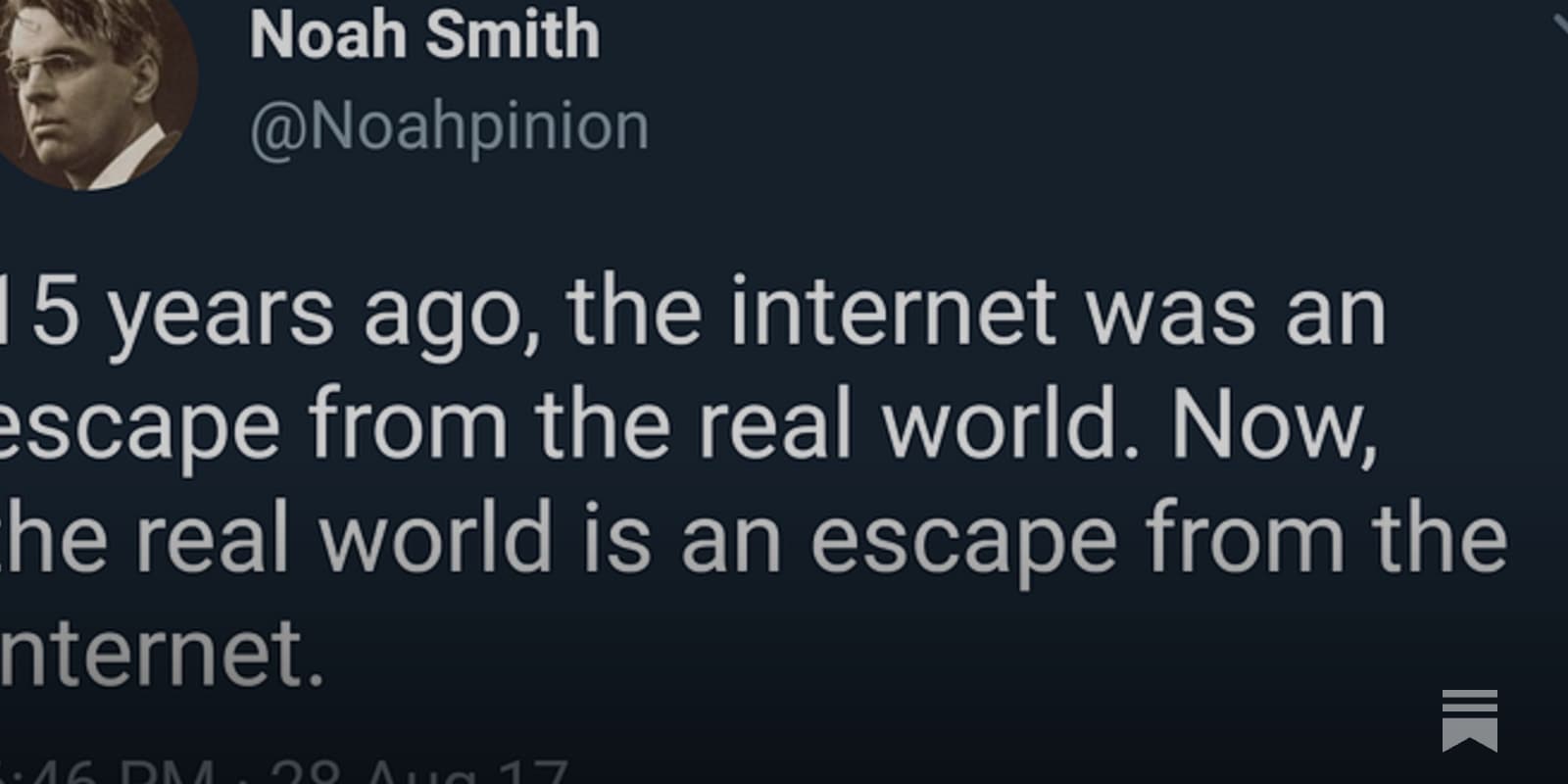Economist Noah Smith Criticizes "Progressive Culture" and "Social Media Mobs" in Viral Post

Prominent economist and Substack blogger Noah Smith has ignited a fresh debate on social media, publicly lamenting what he describes as the detrimental influence of "niche social media mobs" on public and social life. His recent post, shared widely across platforms, questions the sustainability of a societal framework governed by "ever-shifting rules" dictated by online groups.
"Man, progressive culture is just so damn cooked. How does anyone think there's a viable future where everyone's social and public life is defined by a set of ever-shifting rules created by niche social media mobs?" Smith stated in his tweet.
Smith, known for his "Noahpinion" blog which covers economics, technology, geopolitics, and culture, often engages in public discourse on contemporary issues. His critique touches upon a growing concern regarding the power and impact of online communities in shaping societal norms and public opinion, particularly within what he terms "progressive culture."
The sentiment expressed by Smith resonates with broader discussions about the influence of social media on cultural identity and public discourse. Research indicates that while social media platforms offer avenues for connection and information sharing, they also contribute to issues like the spread of misinformation, increased social comparison, and the formation of echo chambers. Some studies highlight how these platforms can amplify niche viewpoints and create pressures for conformity.
Critics and commentators have frequently pointed to the potential for online discourse to become overly prescriptive or punitive, leading to phenomena often labeled as "cancel culture" or "mob rule." This perspective suggests that the rapid dissemination of opinions and the collective pressure exerted by online groups can stifle open debate and lead to an environment where perceived transgressions result in swift and severe social repercussions.
Conversely, proponents argue that social media empowers marginalized voices and facilitates collective action, driving important social movements and holding institutions accountable. The platforms allow for rapid awareness and mobilization around social issues, promoting cultural diversity and inclusivity by giving a voice to previously unheard perspectives.
Smith's statement underscores an ongoing tension in the digital age: the balance between democratic participation and the potential for online dynamics to create an environment of constant, unpredictable social regulation. The economist's influential voice adds to the chorus of those questioning the long-term implications of social media's role in defining acceptable social and public behavior.